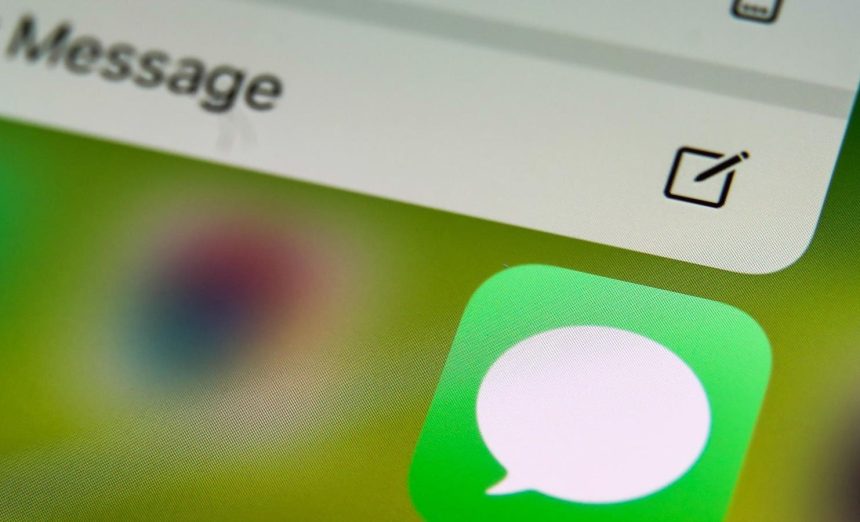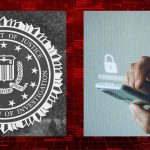The digital messaging landscape is on the cusp of a significant transformation, driven by security concerns and governmental pressures. The long-standing “green bubble” versus “blue bubble” debate, primarily an American phenomenon due to the prevalence of iMessage within the US, highlights the underlying issue of secure versus unsecured messaging. Green bubbles, representing unencrypted SMS and RCS messages, have become a symbol of vulnerability in the wake of increased cyber threats. The FBI’s warning against using unsecured messaging, prompted by Chinese state-sponsored hacking campaigns like Salt Typhoon, has added urgency to the situation, pushing users towards encrypted platforms. This has created a unique opportunity for change, potentially ending the social stigma associated with green bubbles and prompting a widespread shift towards more secure communication methods.
Apple’s upcoming iOS 18.2 update is poised to be a catalyst in this transformation. The update’s groundbreaking feature allowing users to change default calling and messaging apps for the first time empowers iPhone users to prioritize secure platforms like WhatsApp and Signal. This move directly addresses the FBI’s security concerns by enabling users to default to end-to-end encrypted communication, bypassing the inherent vulnerabilities of standard network calls and texts between iPhones and Android devices. While Apple’s own FaceTime and iMessage offer encryption, they are limited to Apple devices, making them unsuitable for cross-platform secure communication. The timing of this update aligns perfectly with increased public awareness of cybersecurity threats, potentially accelerating the adoption of encrypted messaging.
The push for secure messaging, however, faces a potential hurdle in Europe with the controversial “Chat Control” proposal. This EU initiative seeks to mandate scanning of private chats on messaging platforms to detect child sexual abuse material (CSAM). While the stated objective is laudable, critics argue that such measures compromise end-to-end encryption, opening the door to potential surveillance of all communications. This would effectively eliminate the concept of secure messaging, rendering even “blue bubbles” vulnerable. Fortunately, recent reports indicate that the proposal has stalled due to opposition from several EU governments, mitigating the immediate threat to encrypted communication.
The future of messaging hinges on the balance between security and privacy. The FBI’s call for “responsible encryption” – essentially backdoors for law enforcement access – has been met with resistance from privacy advocates. The Electronic Frontier Foundation (EFF) argues that true end-to-end encryption, by definition, precludes carriers from accessing the necessary decryption keys, a stance reinforced by the recent hacking incidents highlighting the vulnerability of unsecured communications. The debate over responsible encryption underscores the inherent tension between national security interests and individual privacy rights.
The confluence of these factors – the rise of cyber threats, Apple’s empowering update, and the stalled Chat Control proposal – sets the stage for a pivotal moment in the evolution of digital communication. The potential widespread adoption of encrypted messaging, spurred by security concerns and facilitated by iOS 18.2, could reshape the messaging landscape, making secure communication the norm rather than the exception. However, the lingering threat of government-mandated backdoors to encryption, exemplified by the Chat Control proposal, underscores the ongoing need for vigilance in protecting privacy rights.
Ultimately, the shift towards secure messaging represents a positive step towards a safer digital environment. By empowering users to choose end-to-end encrypted platforms, Apple’s iOS 18.2 update, combined with increased public awareness of security risks, has the potential to significantly reduce vulnerabilities. While the debate over encryption and privacy will undoubtedly continue, the current momentum suggests a future where secure communication becomes the standard, offering greater protection for individuals and their data. The “green bubble” stigma may finally fade, replaced by a universal expectation of secure and private messaging for all.



